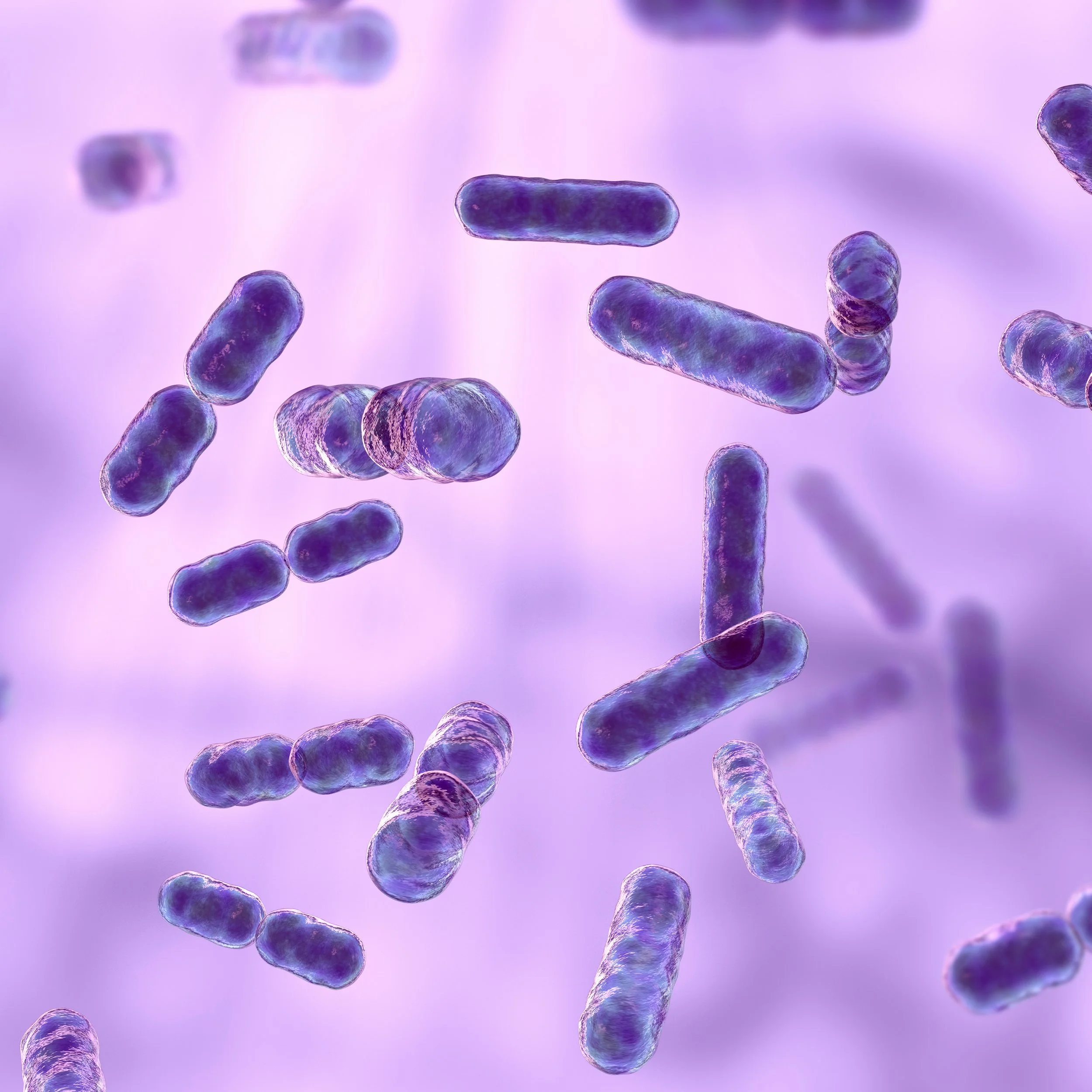As we age, we appear to lose important bugs that keep us healthy
/Our bodies are crawling with bugs and parasites – microbes, fungi, and other organisms – that are important to good health.
But researchers have found that we lose some of the bugs, particularly some that make up the gut biome, as we age. And that appears to be a bad thing.
A recent study analyzed gut biomes from 21,000 adult from around the world – Europe, North and South America, Asia, and Africa -- representing 19 different nationalities. Participants ranged in age up to 100 years.
Researchers compared the microbiomes of younger and older people to assess the impact of aging. They found the microbiomes of younger people tend to look similar and contain significant microbial diversity. An article on the study in MIT Technology Review reports that conventional scientific wisdom suggests “variety seems to be a good thing—the more microbial diversity, the better.”
However, the study found that gut biomes become less diverse as people age. Essentially, microbiome makeup starts to look more unique to the individual as people lose some of the components of what looks like a normal gut microbiome in younger people.
Study authors say that loss of diversity appears to be a bad thing. They found that age-related changes in the microbiome are more reliably linked with health and disease than in youth. They also found that microbiome uniqueness may be linked to the development of such age-related health problems as cognitive decline, frailty, and inflammation.
Bacteria Bacteroides fragilis, one of the major components of normal microbiome of human intestine
A study published in 2020 suggested that diet can change the components of the gut microbiome and that such changes are associated with a reduced risk of frailty, improved cognitive function, and reduced inflammation. That research assessed the impact of the Mediterranean diet on gut microbiome.
But it’s not clear how the changes work. And there is significant evidence to suggest that it’s not as simple as consuming probiotic supplements.
One 2021 study concluded that “supplementation of probiotics did not significantly increase the relative abundance of the gut microbiota at genus,” but may have increased Ruminococcaccae_UCG-003, a bacteria that seems to positively affect stress-induced working memory changes.
Gut biome diversity becomes top of mind as we enter flu and cold season, a time when doctors often prescribe antibiotics that can play havoc with our guts. The next time your doctor suggests those drugs, you may want to discuss the implications on your microbial ecosystem.


